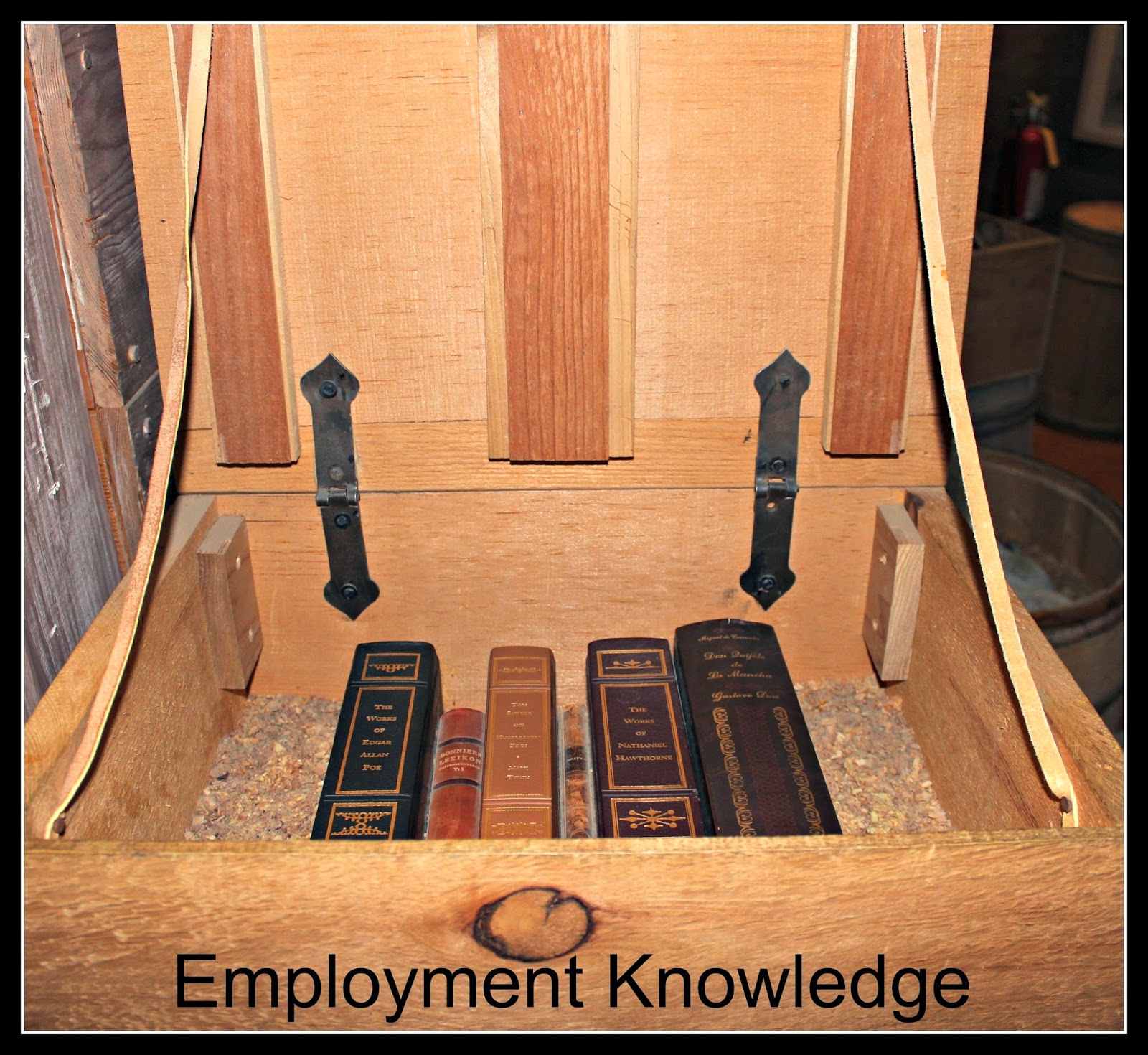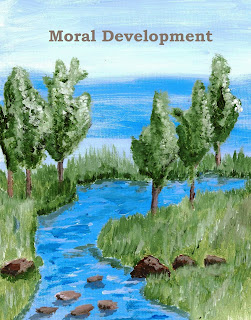In higher education employability has come to the
forefront of the debate. Arguments revolve around graduate success in finding
employment. Research by Silva, et. al
(2013) helps highlight which skills seem to encourage employability in the
market based upon the perceptions of students and teachers at a public
university that offers online classes. The report indicates that the societal
function of higher education is to encourage the highest employment readiness
but cannot determine actual employment itself which is dependent on market
factors.
The study was based upon perceptions of employment
skills needed for successfully navigating the market. Research subjects were
drawn from an online learning center from the Universidade Alberta to help
determine the most important employment skills and those skills to be developed
in the online undergraduate system.
It is beneficial to understand what the purpose of higher
education is within society. Knowing how higher education fits within society
will help provide a conceptual framework for determining proper skills.
According to Harvey (1999) higher education should:
-Establish links to employers that assist them with developing
strategies to overcome lack of qualifications.
-Contribute to solutions for education and training
in highly-skilled areas with a lack of qualified workers.
-Prepare graduates with effective skills ensuring
that employability requirements are explicit within courses of study.
Higher education follows the same supply and demand
concepts within the market as other entities. Where there is a need for
educated workers higher education can help fill the gap through adjusting their
curriculum for maximum relevance. They cannot control the market but are able
to respond appropriate to that market through understanding the needs of
employers and reflecting those needs within their curriculum.
The development of students naturally has an impact
on the development of a nation. When job needs are fulfilled the employer is
able to move closer to maximum productivity. Think of how low I.T. skill
availability is forcing companies to outsource operations or hire foreign
workers. Reich, cited by Knight, discusses the need for higher education to
enhance natural skills (Knight, 2003):
-Abstraction:
Theory and empirical analysis that includes formulas, equations, models, and metaphors.
-Systems of
Thought: The way the brain processes information.
-Experimentation:
Intuitive experimentation and analytical experimentation.
-Collaboration:
Using communication and teamwork to solve problems.
The study highlights how students and faculty have a
slightly different impression of the skills needed to find jobs. Both groups agree
that the concepts of problem solving, planning, decision-making, and
willingness to learn as fundamental skills that guild them in their careers. Adaptable
and transformative profiles should be enhanced. Adaptive employees are able to
learn new skills and apply them to their workplace while transformative people
are able to move beyond the rules to change the workplace into a higher
functioning entity. Higher education has the responsibility to improve upon the
process of knowledge attainment and job skill competence but the specific
employment opportunity is the responsibility of the graduate and the employer. The
closer schools are to businesses and their needs the more likely relevant
market skills will be developed.
Harvey, L, (1999). New
realities: The relationship between higher education and
employment. Birmingham
Centre for Research into Quality.
Knight, T. P., & Yorke, M.
(2003). Assessment learning and employability. England:
SRHE and Open University Press Imprint.
Silva, A., et. al. (2013). Employability
in Online Higher Education : A Case Study. The
International Review of Research in Open and Distance Learning, 14 (1).


